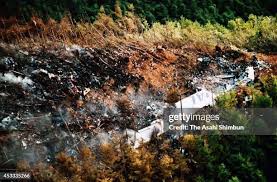
Introduction
Mountains represent some of the planet’s most magnificent natural formations, encompassing diverse ecosystems and rich biodiversity. They are crucial not only for their ecological significance but also for their cultural, recreational, and economic importance. With global climate change and human activities increasingly threatening these majestic landscapes, mount conservation has become more relevant than ever.
Current Events in Mount Conservation
Recent studies have highlighted the alarming rate of glacial melt in mountain ranges across the globe. For instance, the Himalayas are witnessing a rapid loss of glacial mass, posing a threat to millions who rely on their watersheds. The Intergovernmental Panel on Climate Change (IPCC) reports that between 2000 and 2019, about 50% of glaciers studied worldwide lost significant mass. This trend echoes concerns in places like the Andes and the Alps, where the biodiversity unique to these regions is under threat.
In response to these challenges, various organisations are spearheading conservation efforts. In September 2023, the United Nations Environment Programme (UNEP) called for a global initiative focused on preserving mountain ecosystems. This initiative aims to unify various stakeholders, including local communities, governments, and environmental organisations, to establish protected areas and promote sustainable practices.
Conservation Efforts and Their Impact
Several countries have launched successful conservation projects that serve as models for effective mount conservation. In Switzerland, reforestation initiatives in the Alps have shown promising results in protecting native species and enhancing carbon sequestration. Additionally, community-led tourism initiatives in Bhutan have proven effective by involving local populations in conservation while providing them with sustainable livelihoods.
Conclusion
Mount conservation is a pressing issue that requires immediate attention and coordinated efforts worldwide. The preservation of mountainous regions is not only essential for biodiversity but also has vast implications for climate regulation, tourism, and local economies. As we move forward, it is imperative for both governments and citizens to recognise the importance of these ecosystems. By continuing to champion conservation initiatives, we can ensure that the majesty of our mountains endures for generations to come.
You may also like

The Role of Metro Systems in Modern Cities

Costa Coffee’s Commitment to Sustainability in 2023
